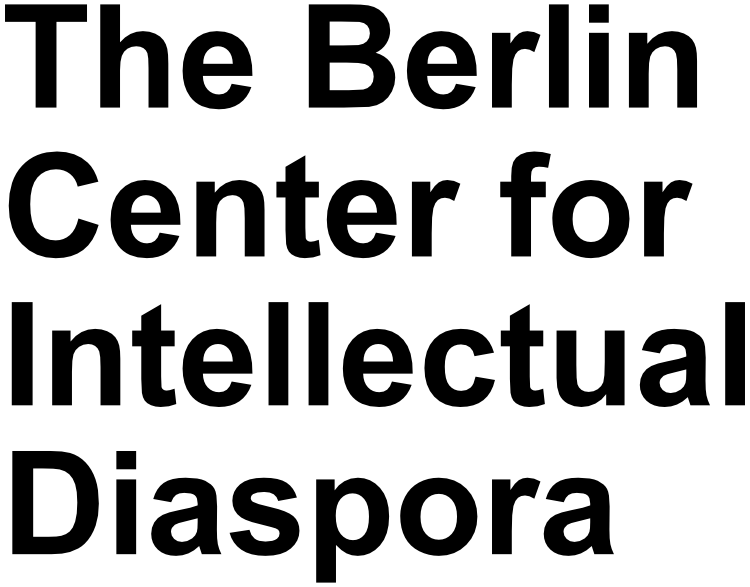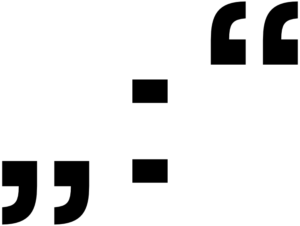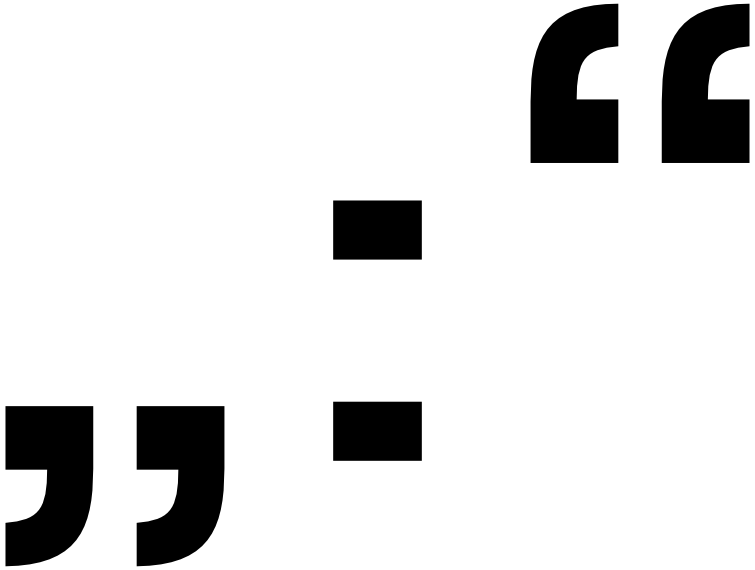Events
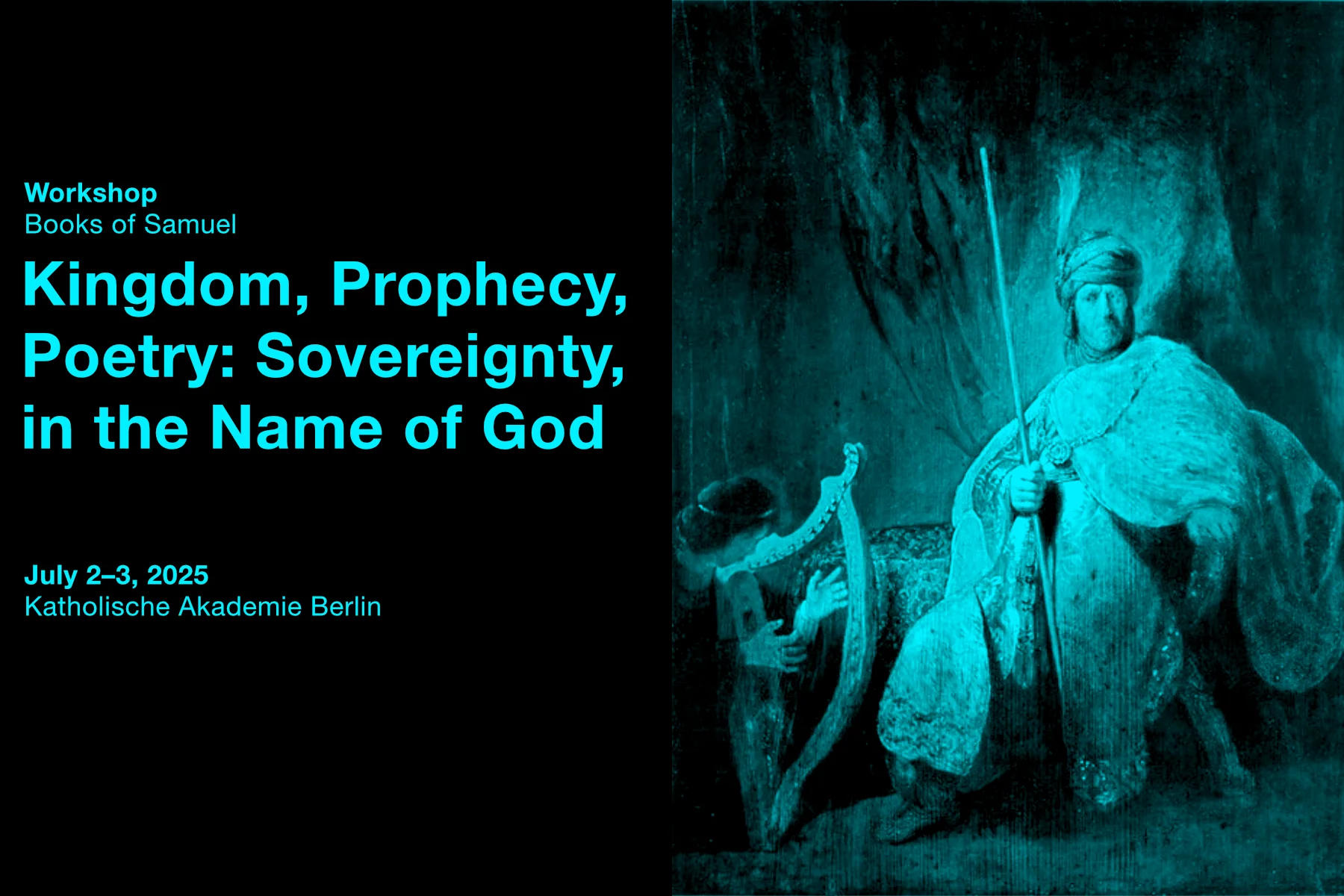
Rembrandt: David spielt die Harfe vor Saul, via Wikipedia Commons
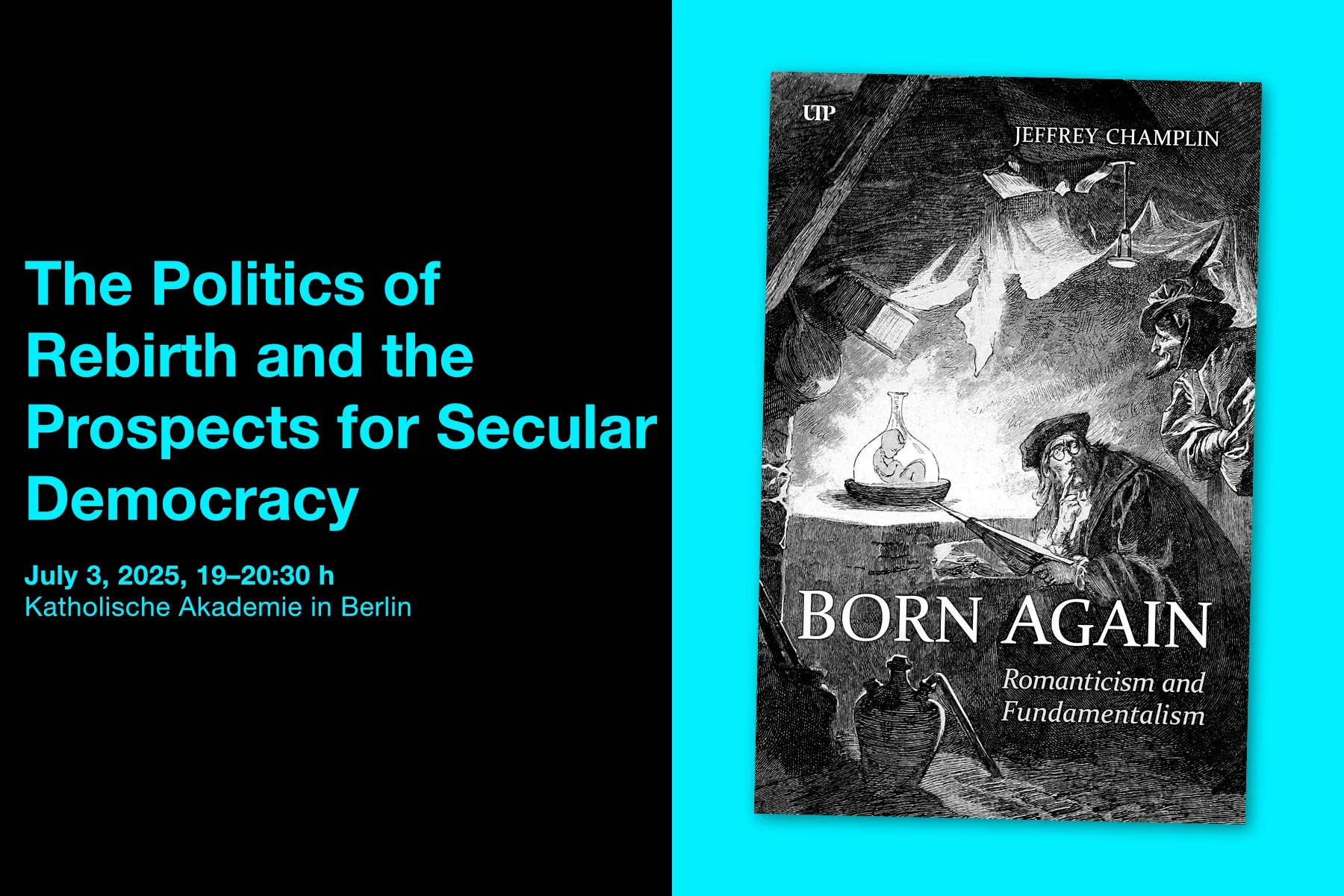
Born Again, Publisher: University of Toronto Press
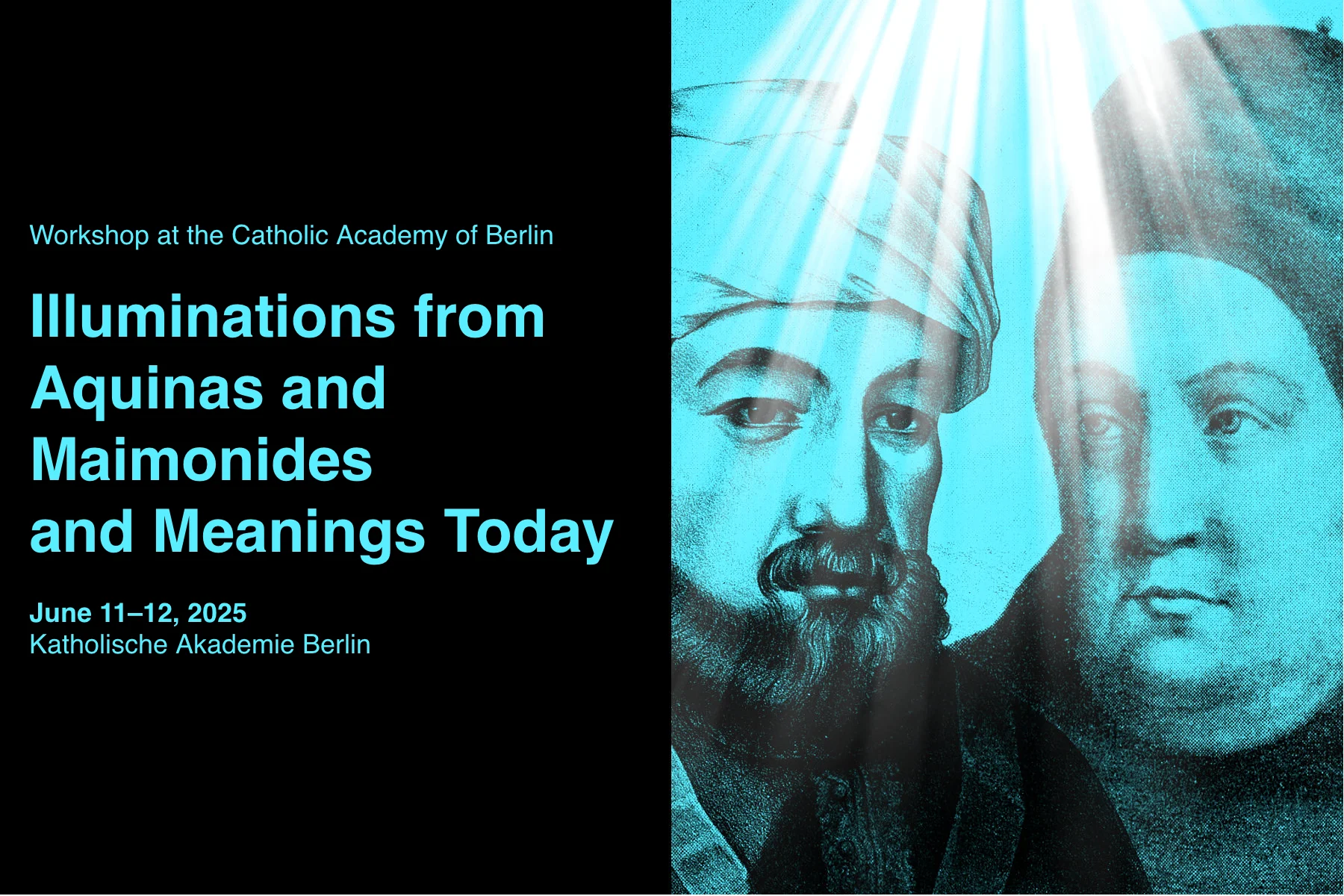
Images: Maimonides, Photogravure, via Wikimedia Commons / Aquinas, Justus van Gent, via Wikimedia Commons
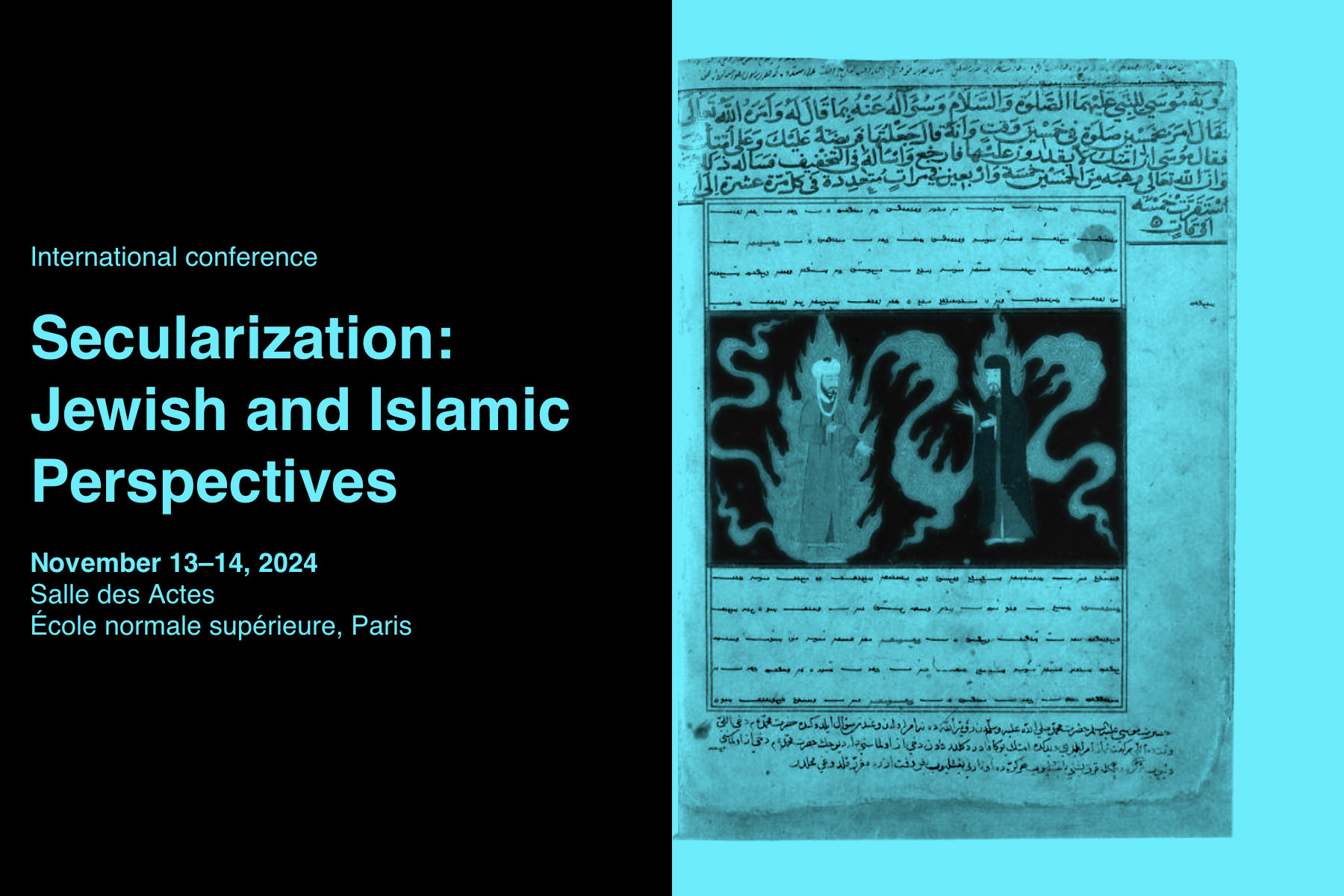
Muhammad and Moses, Arabic manuscript, Turkey 15th Century CC 4.0 via Wikisource
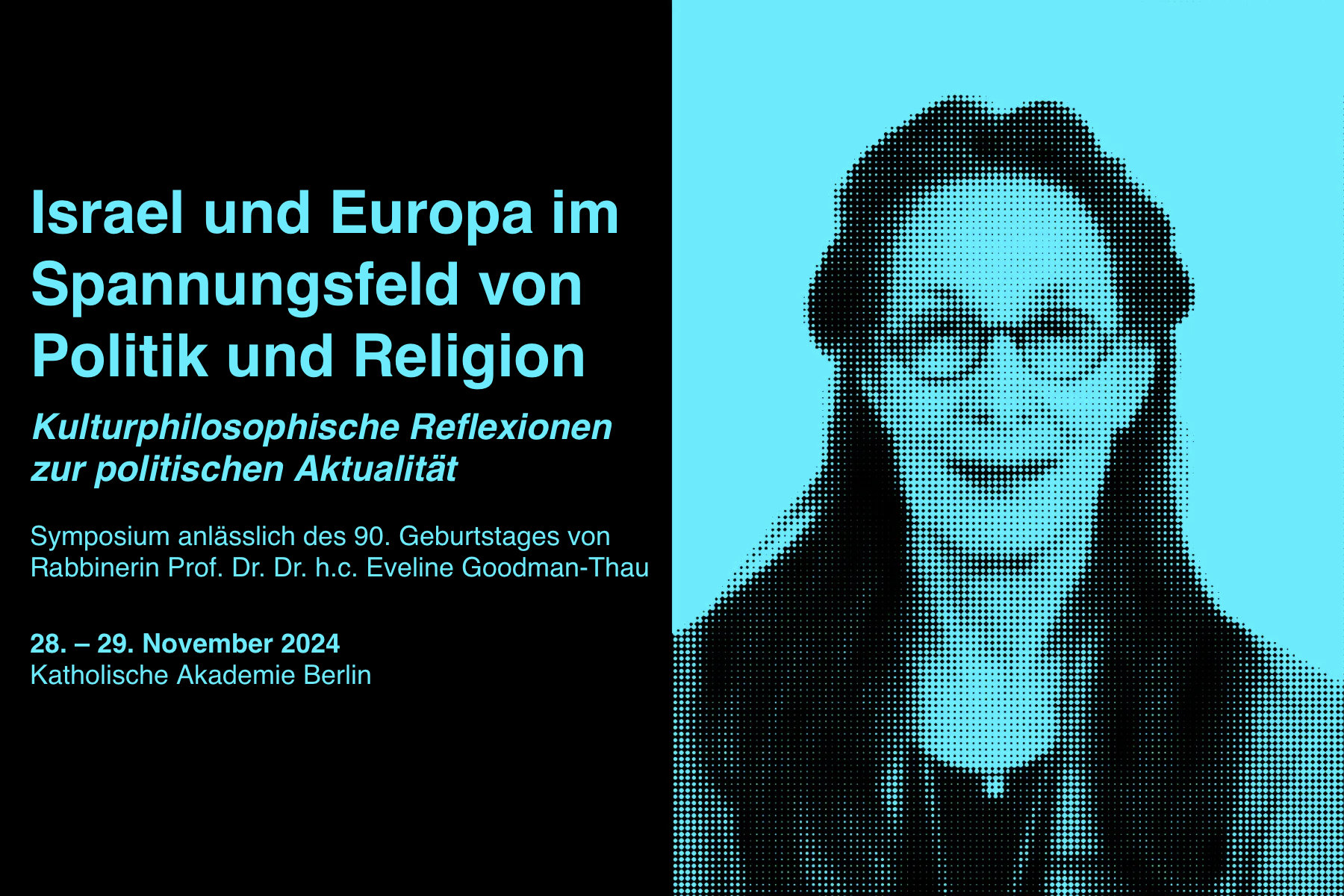
Photo: Wikimedia CC-BY-SA-4.0
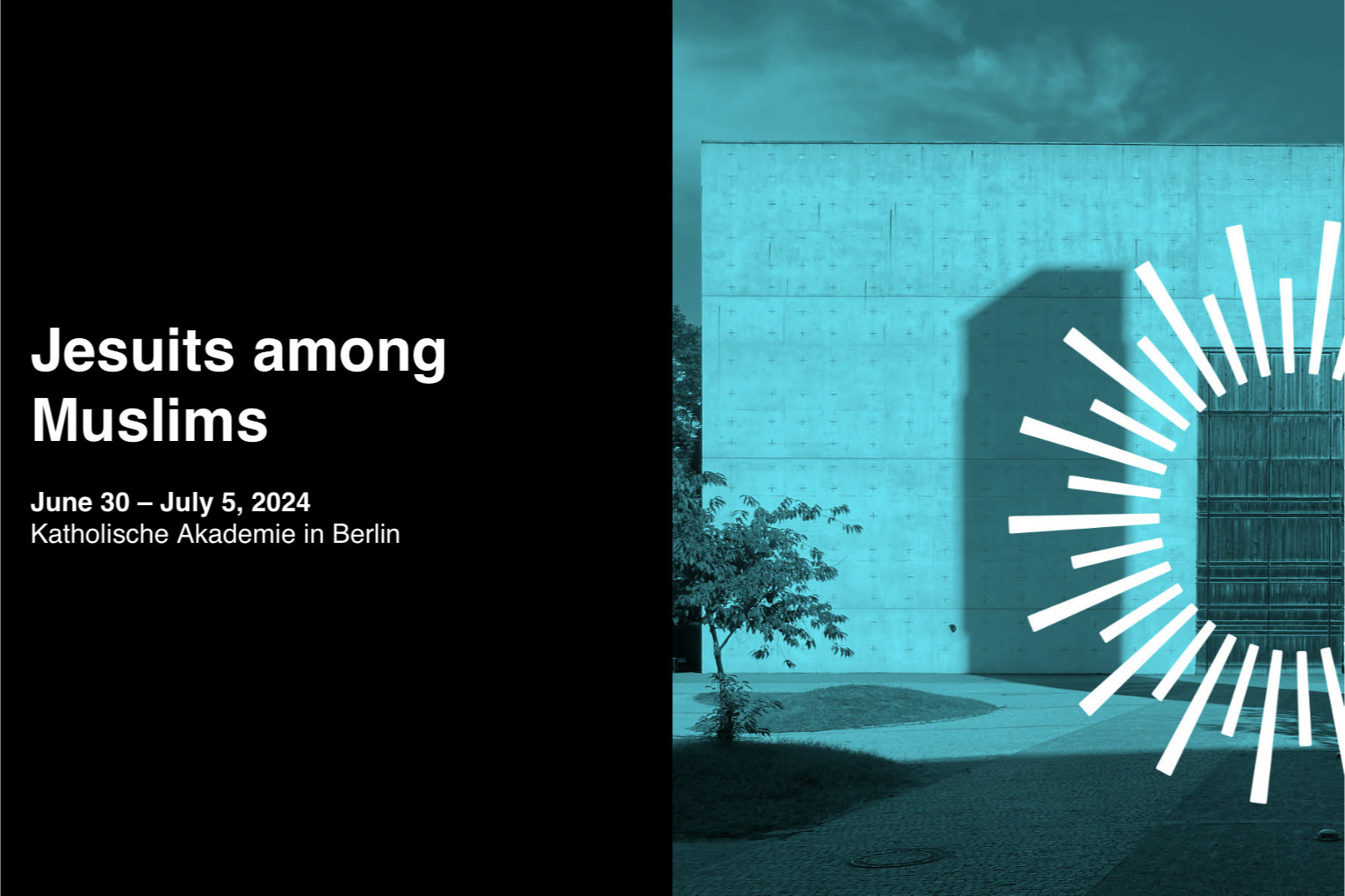
Photo: St. Canisius (Berlin), CC Wikimedia Commons
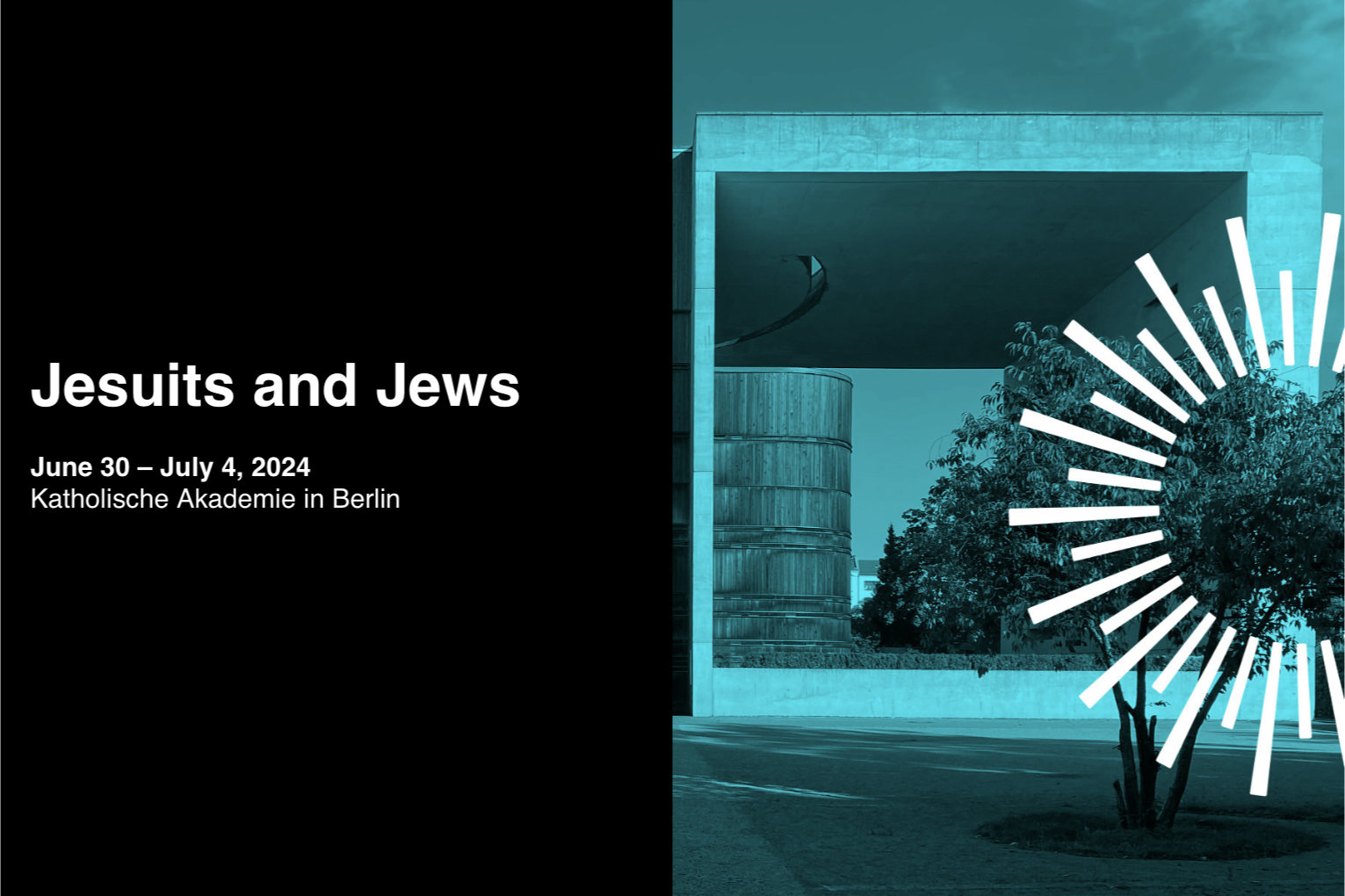
Photo: St. Canisius (Berlin), CC Wikimedia Commons
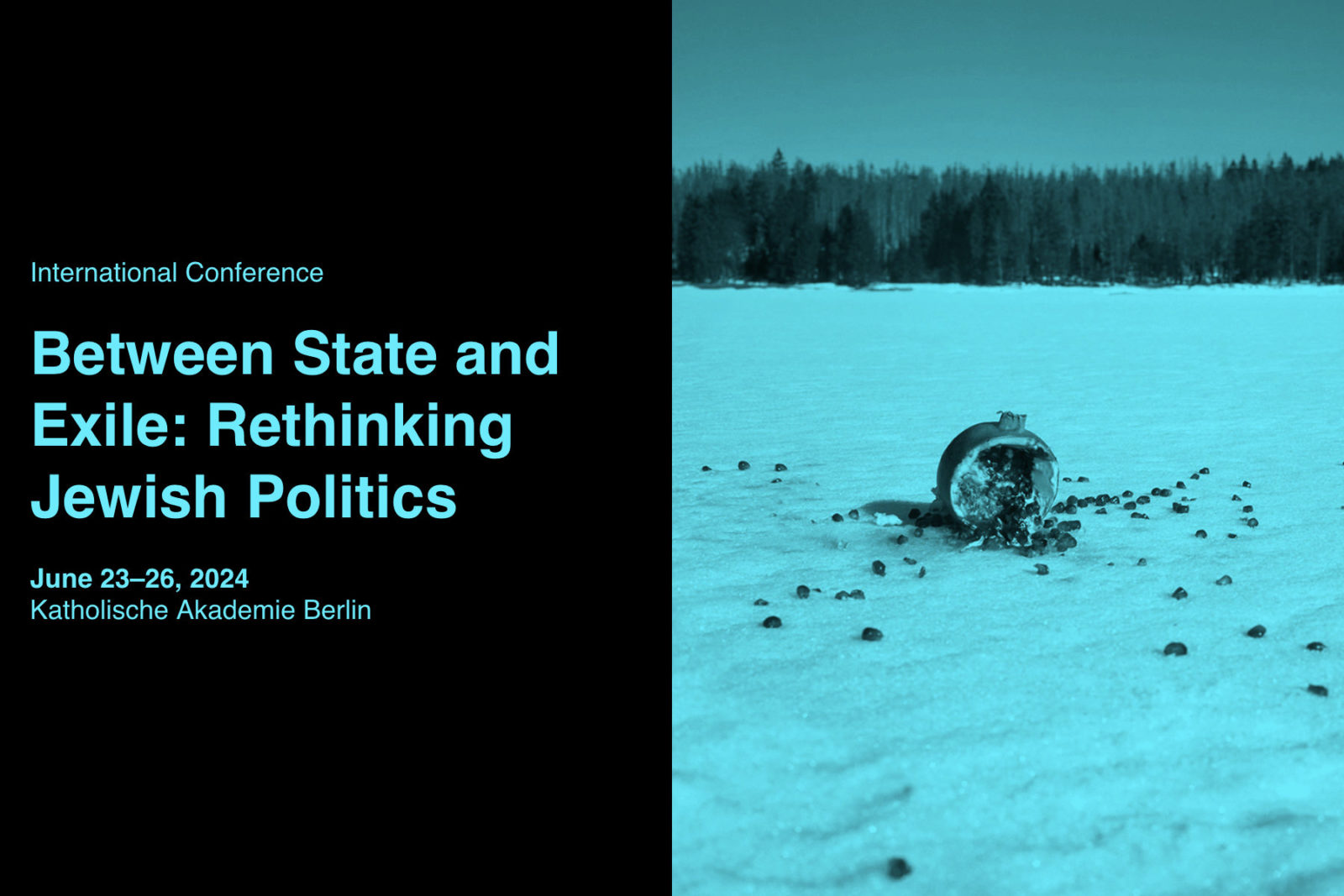
Photo © Benjamin Reich
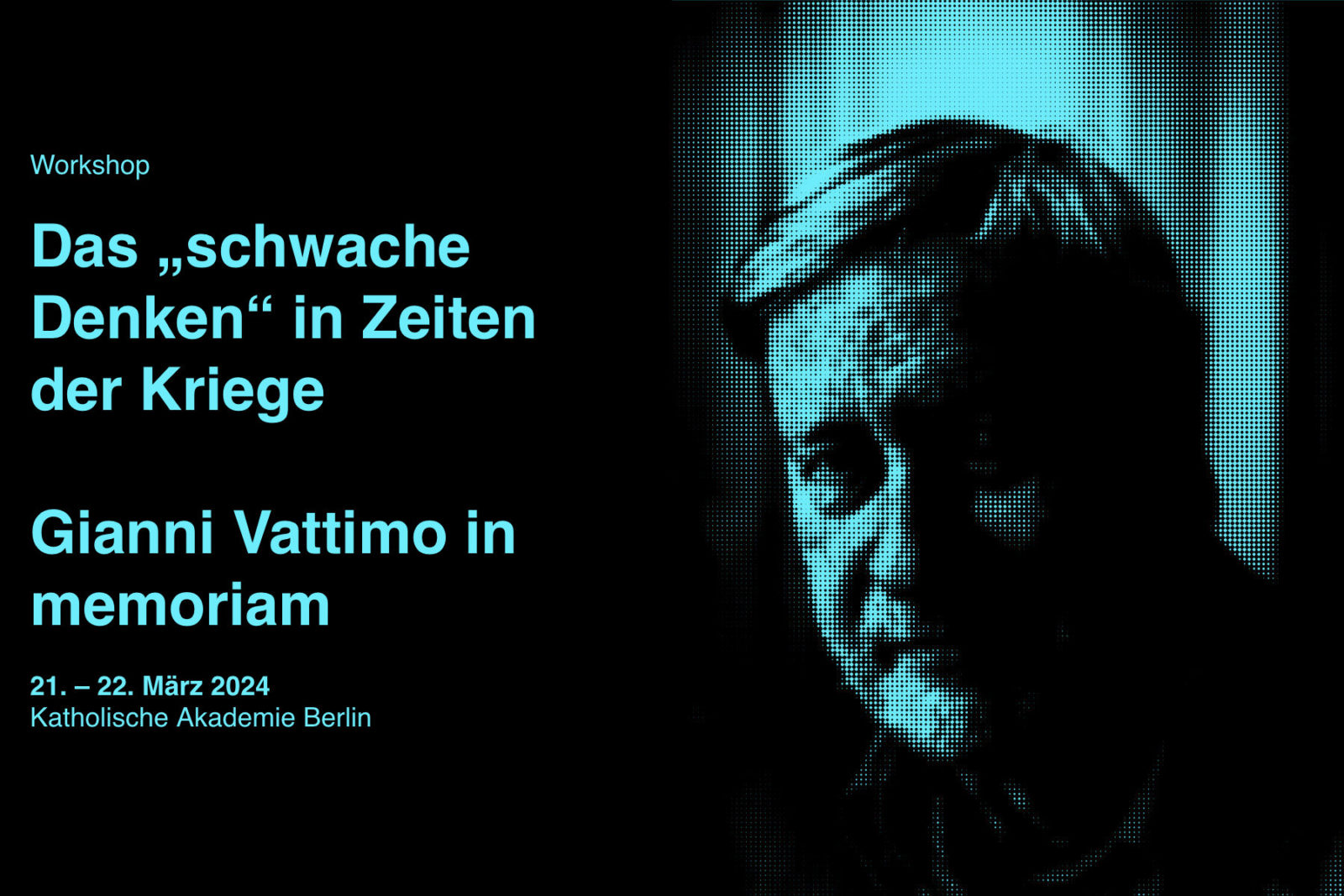
Photo posted by Ministerio de Cultura de la Nación Argentina to Flickr under the terms of the cc-by-sa-2.0.
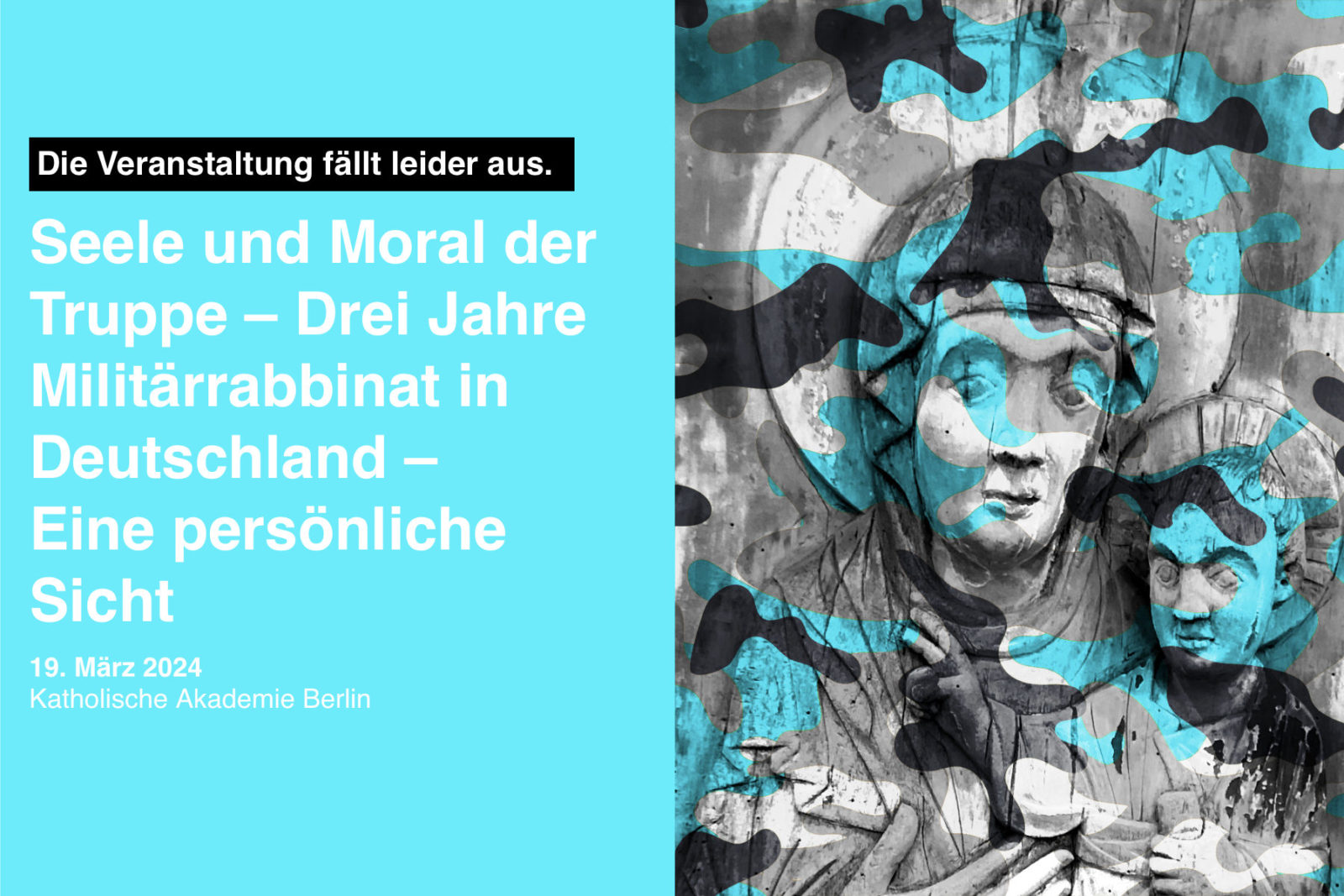
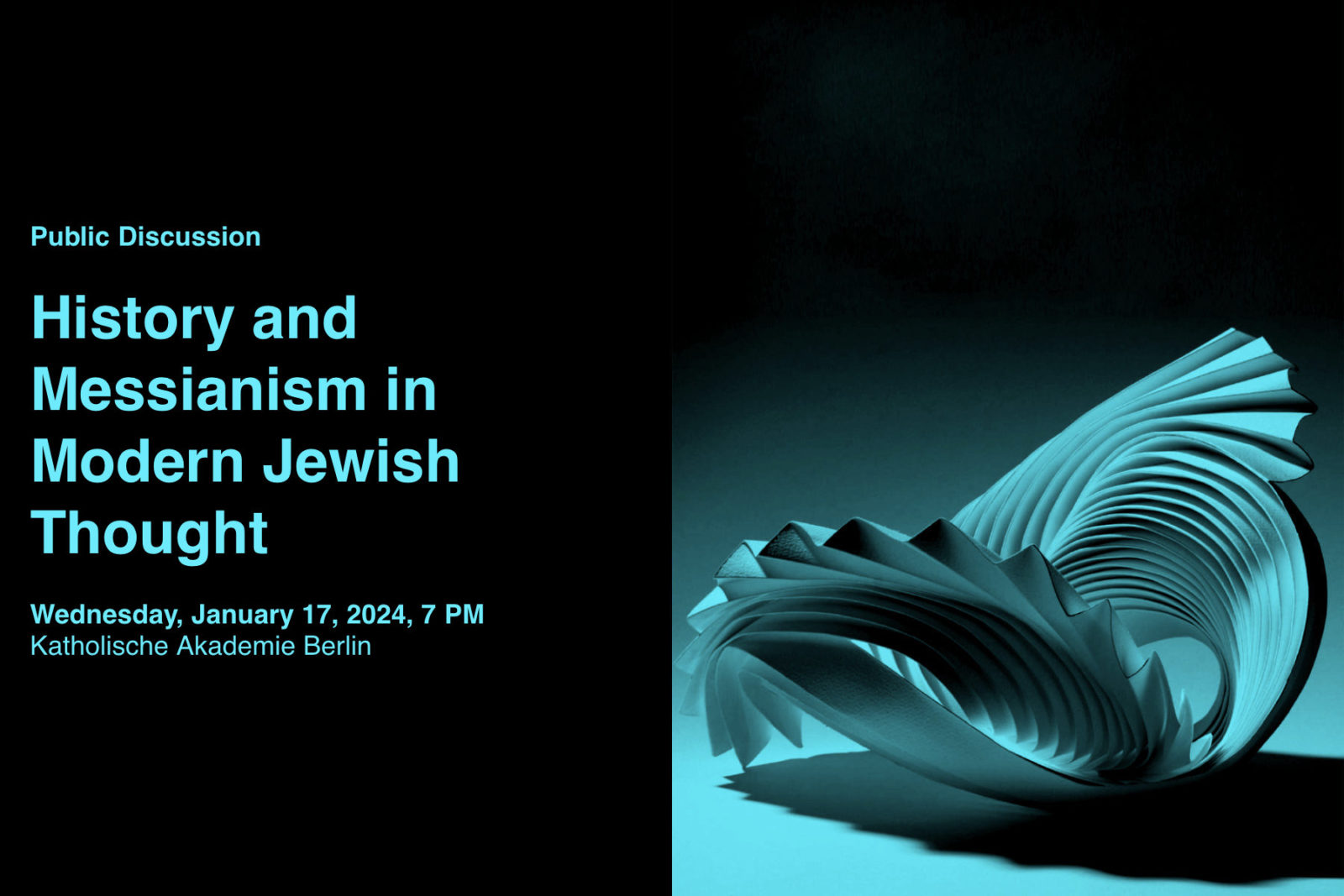
Image from the cover: Dynamic Repetition
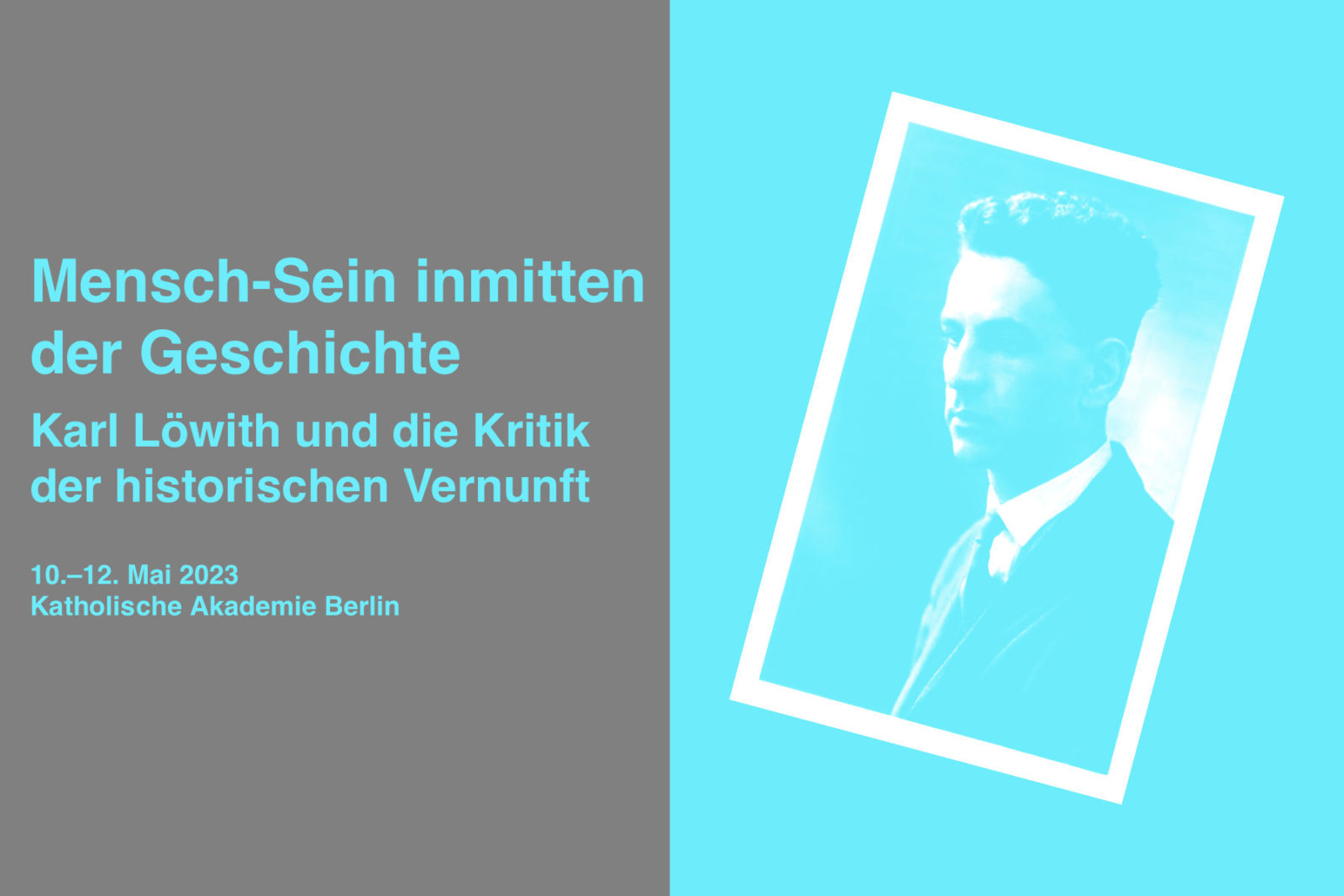
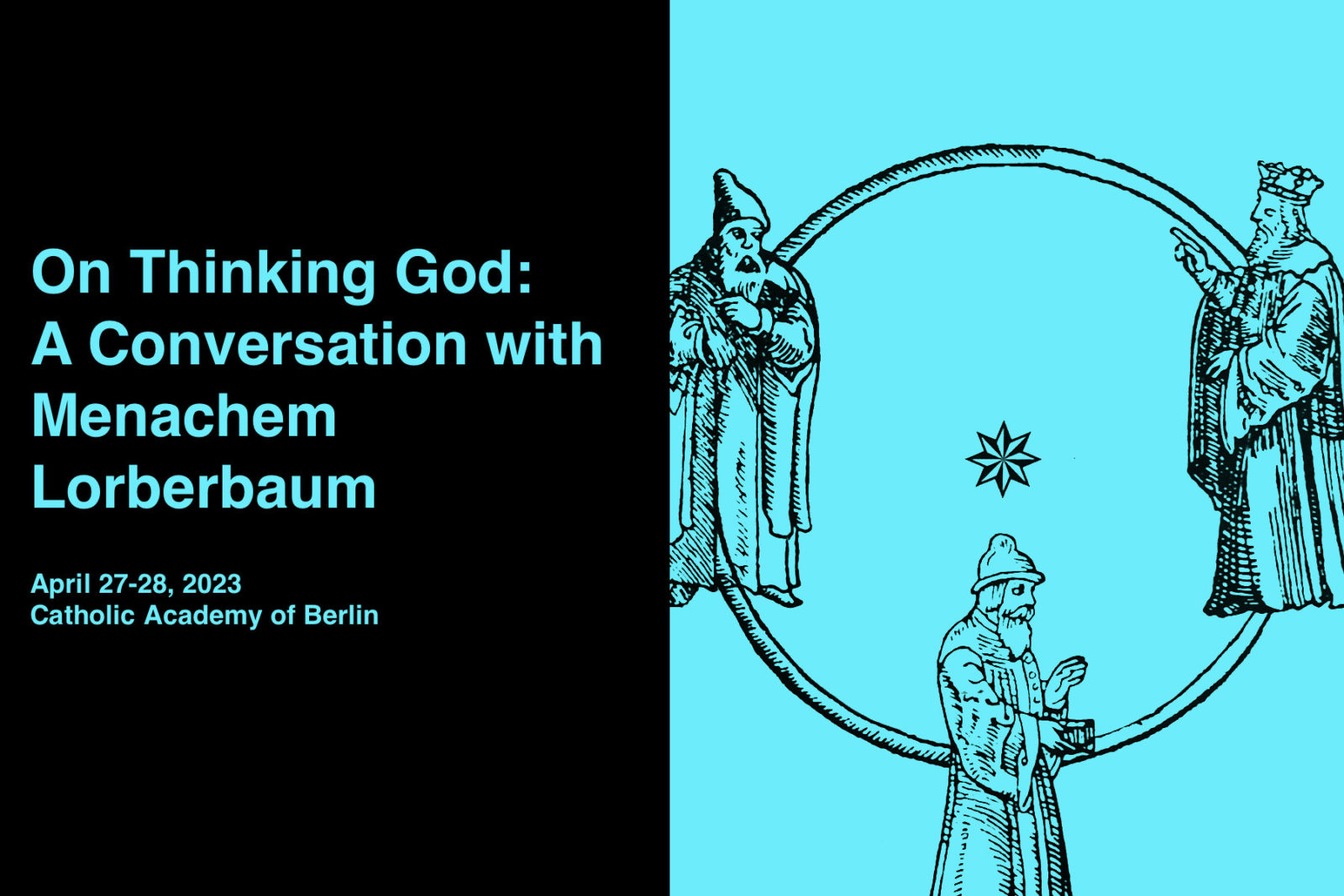
Image from the Book ”Politics and the Limits of Halacha” – Cover designed by Jacques Levy.
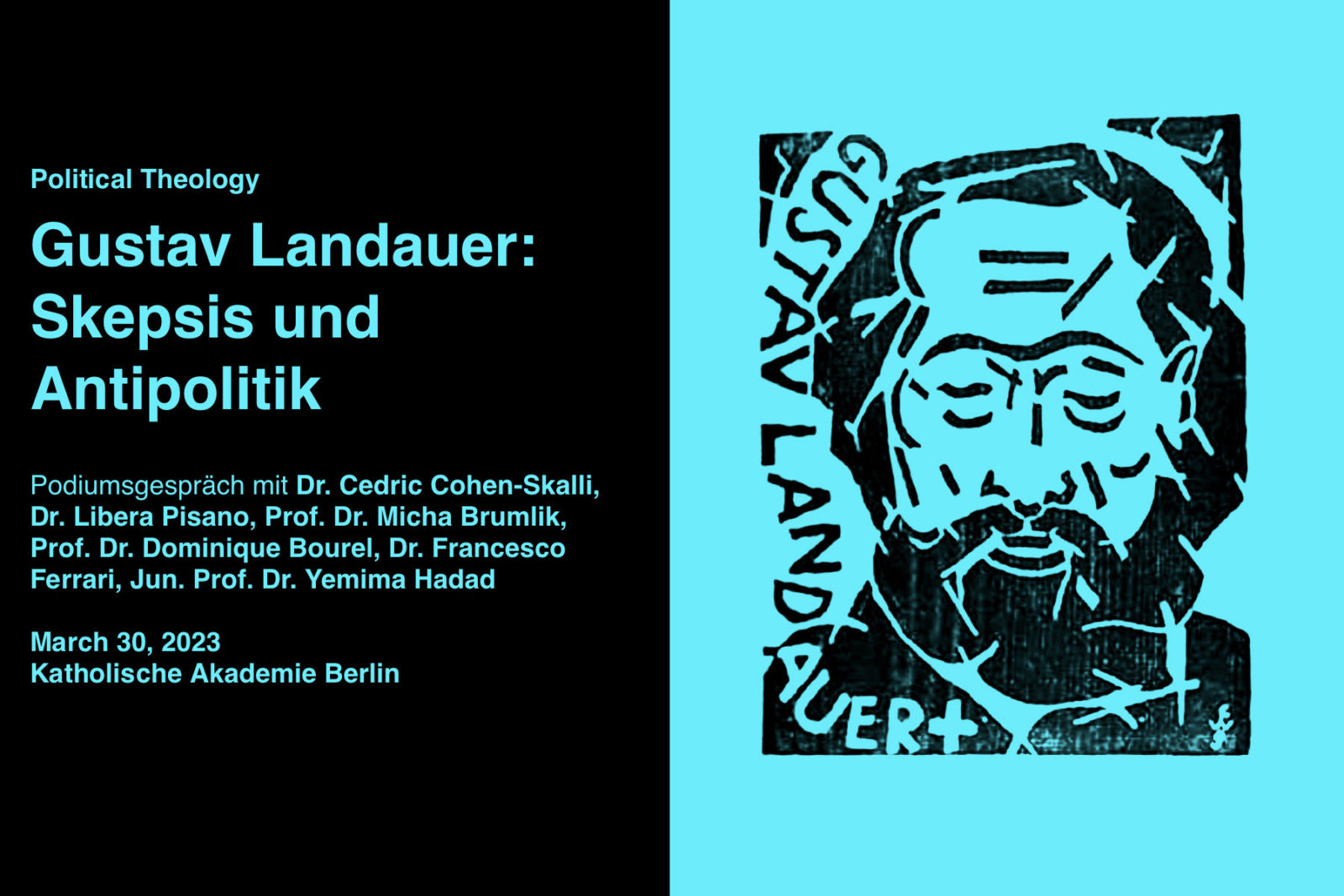
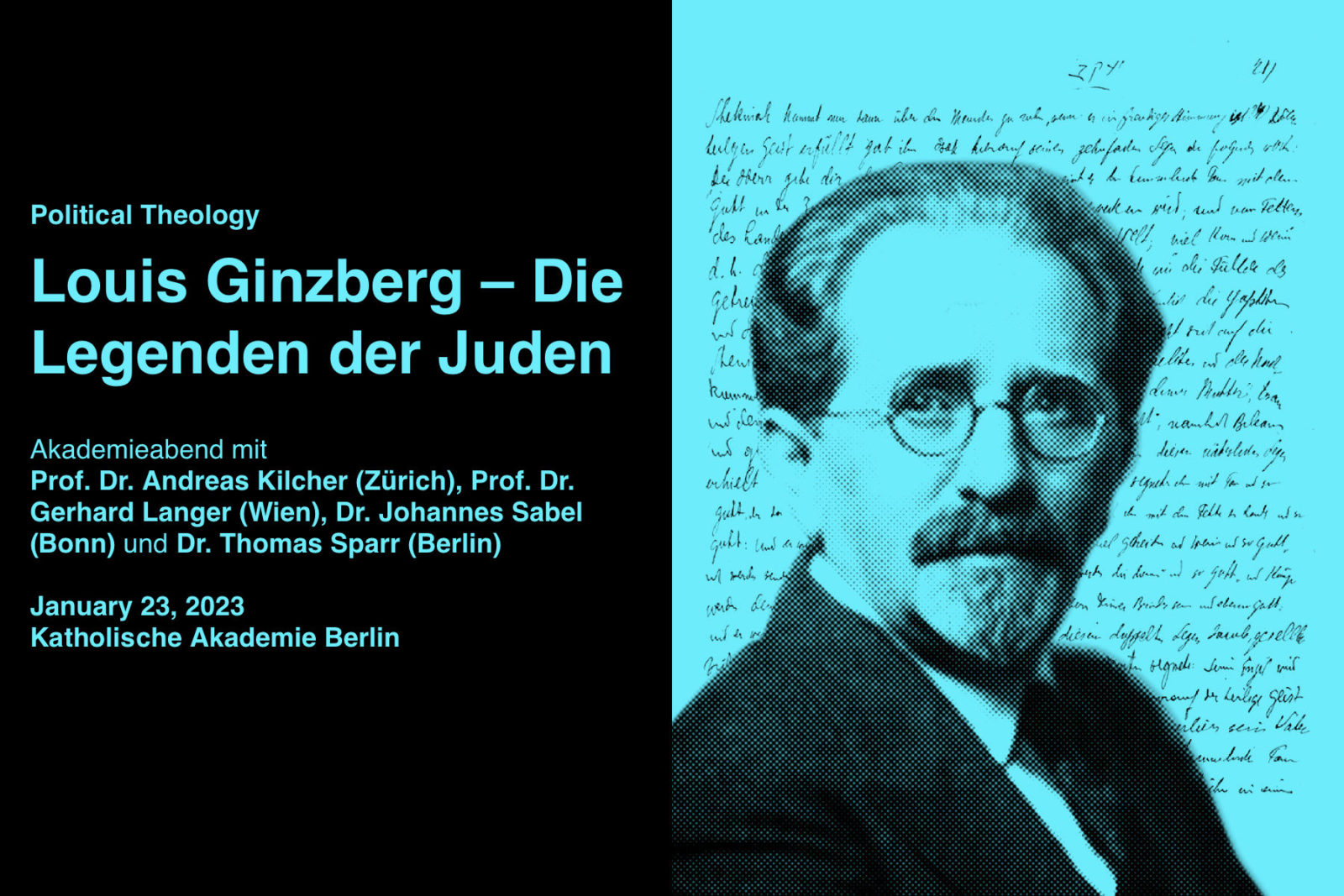
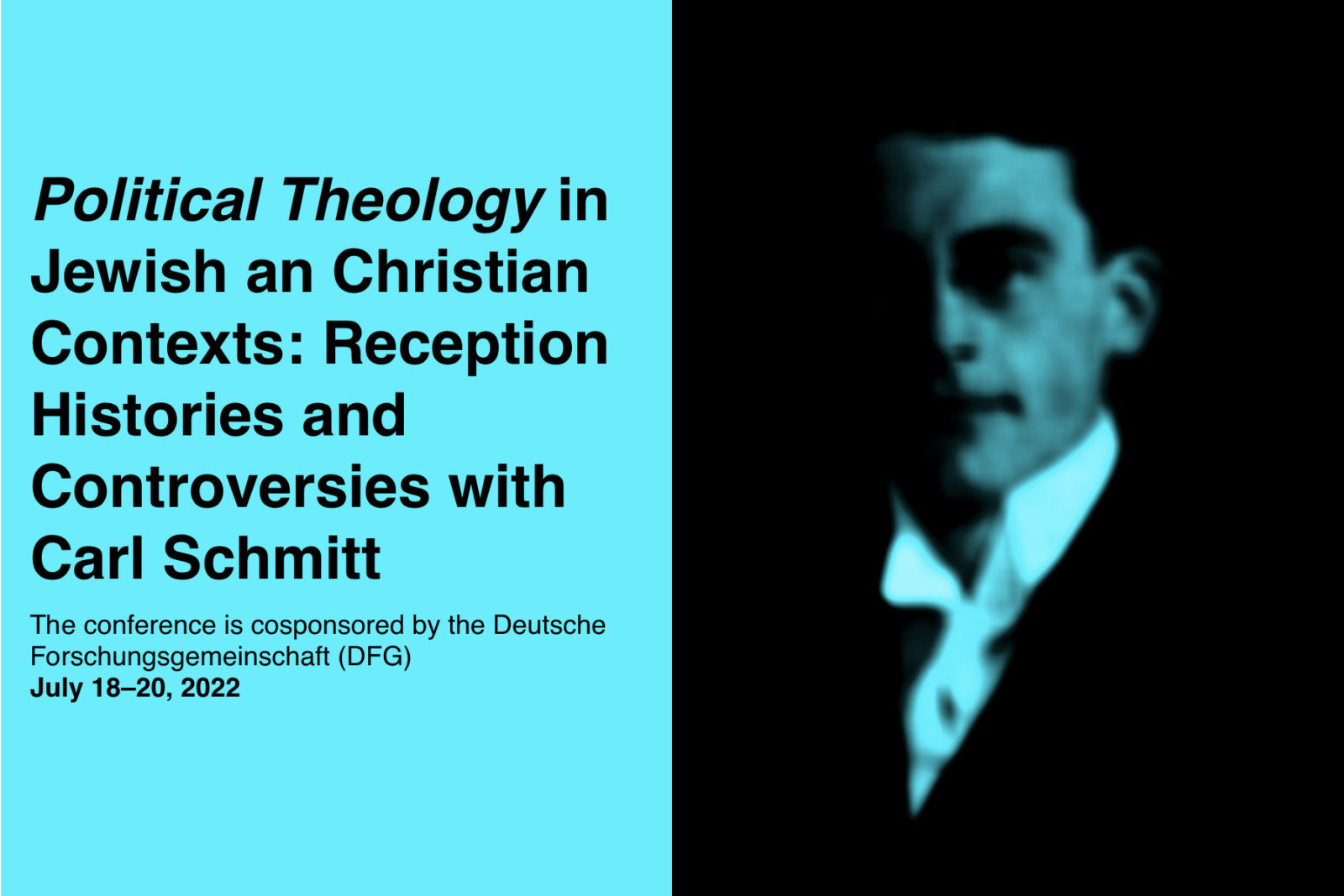
Bildnachweis: Carl Schmitt als Student im Jahre 1912 Quelle: Aus Paul Noack, Carl Schmitt, 1993 / wikipedia.de.
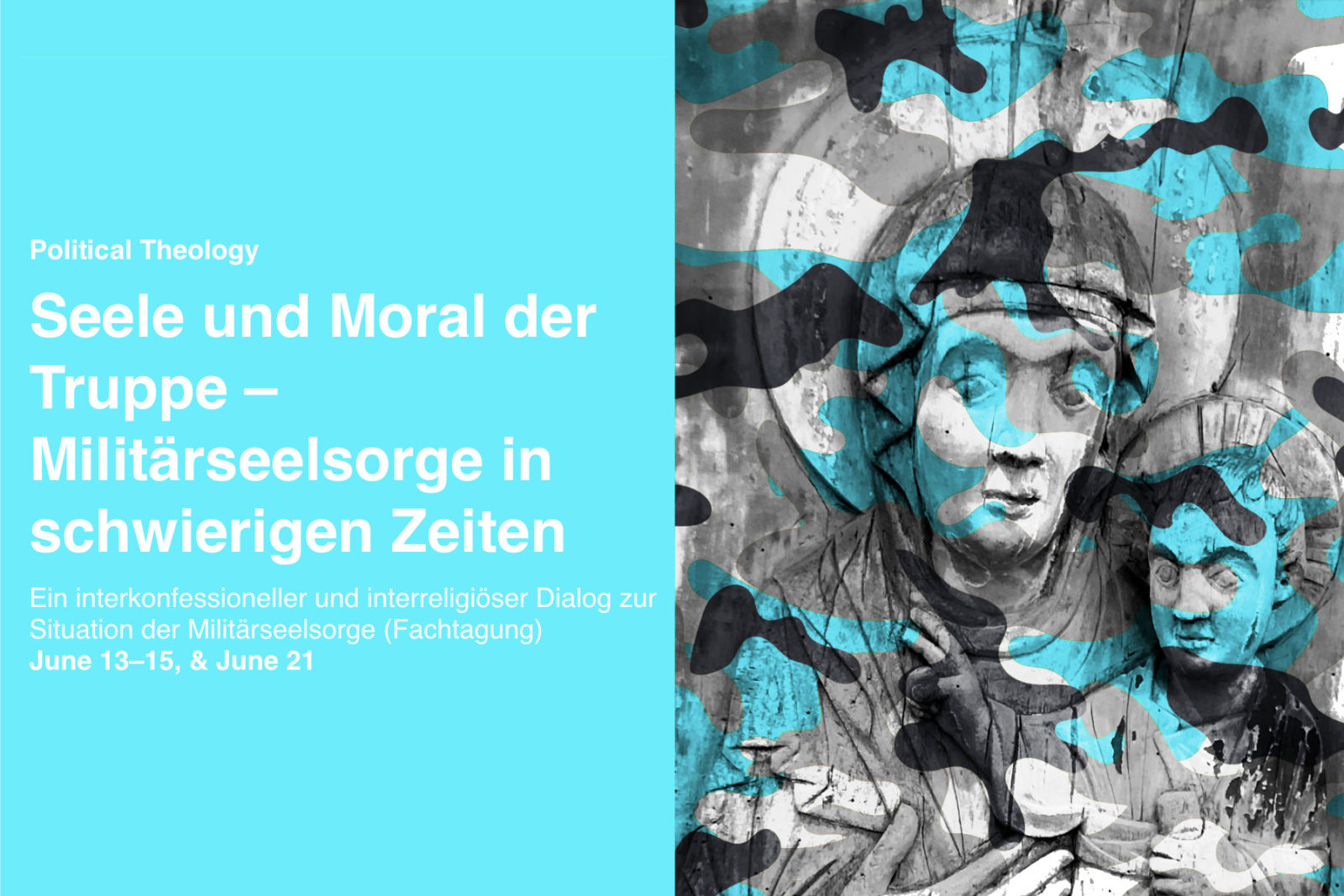
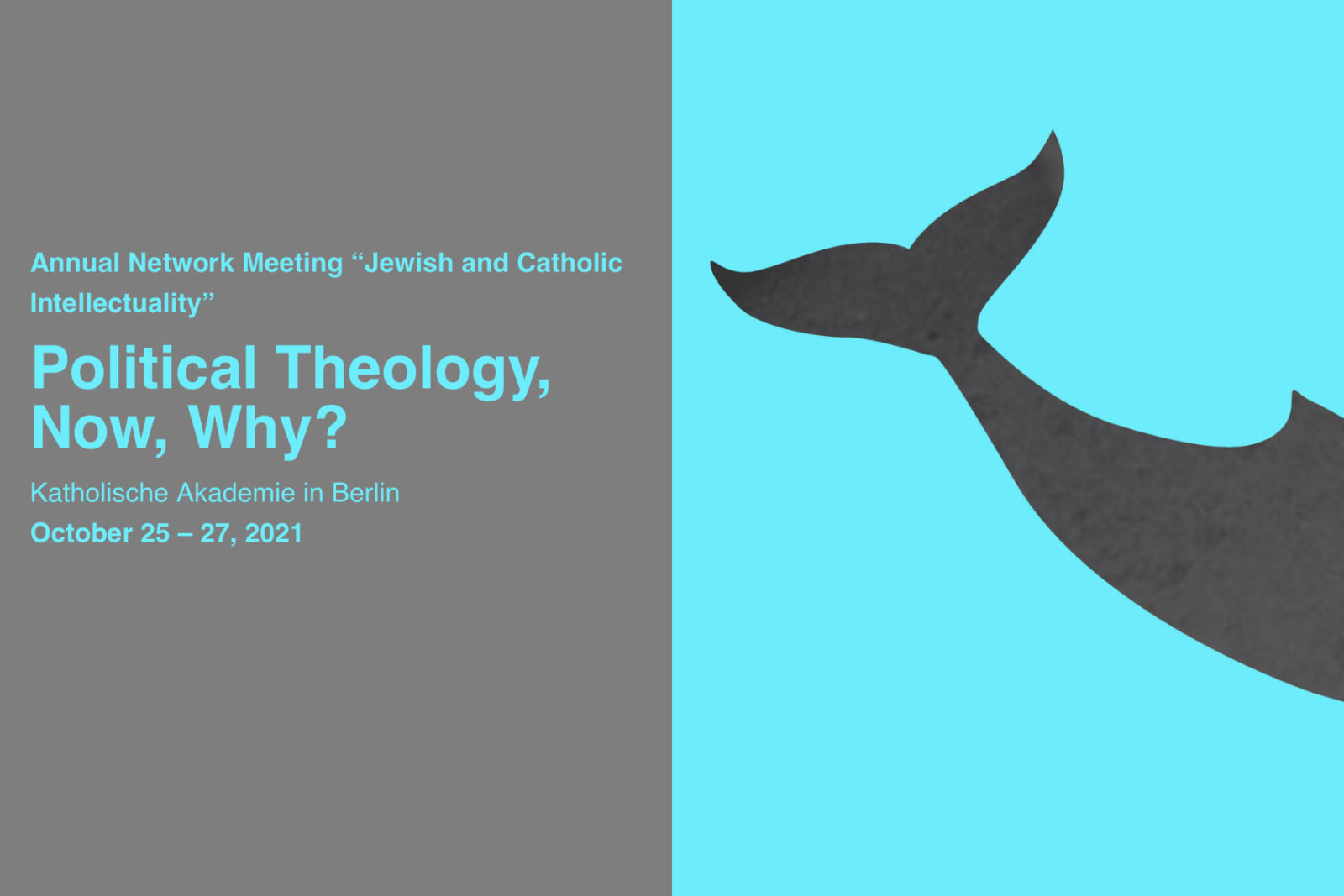
Political Theology, Now, Why?
Recent decades have seen a renewal of interest in political theology, in the broadest sense of the interrelations between socio-cultural understanding and performance, on the one hand, of the political, and on the other hand, of the religious. This theo-political renaissance has developed, among others, in temporal and discursive correlation to events such as the collapse of communism in 1989 and the emergence of the “clash of civilization” discourse, in particular after 9/11.
The rise of post-secular awareness too has generated, within the self-reflection of Western modernity, a self-critique of secularism, which seeks to revisit the relations of modernity to various religious – or so-called religious – traditions and cultures, premodern, modern and postmodern. One of the basic theo-political question guiding this intellectual process has been the extent to which secularism, which considered itself as effecting a decisive break between politics and religion, nonetheless has been performing specific theo-political conceptions, and rather than breaking with traditional debates altogether, has been a specific intervention within these debates.
In this process of critical reevaluation of modernity, Jewish and Catholic intellectual traditions have a special role to play, since in many respects, and in different ways, both these traditions represent, vis-à-vis the constitutively modern Protestantism, constellations of pre-modern political theology. Coping with modernity for both traditions presented specific challenges, which on the one hand required still ongoing processes of self-reconfiguration and reinvention, and on the other hand singled out these two traditions as sites of modern self-reflection, self-critique and potentially renewal. As such, Jewish and Catholic discourses feature affinities to a contemporary dispersion of sites that structurally generate intellectual contestation, such as the Islamic, African, postcolonial or feminist.
The aim of the 2021 annual meeting is to bring together actors within various intellectual discourses, who engage in different ways on the contemporary rethinking of political theology, to establish an initial inter-discursive conversation. The goal of this initial conversation is to layout a basic map of different directions and strategies operative within contemporary debates around political theology, basic positions, goals and orientations, as well as central questions, themes, textual archives and argumentations.
The participants in the meeting will be invited to deliver 20-minute talks referring to any aspect of the above set of issues. Talks should address the following main concerns:
1. Political theology today: critical reflections on various ways of framing and articulating the fundamental theo-political question within contemporary operative discourses and formative debates, in theory and in politics, not the least concerning the aptitude of concepts such as “religion”, “secularism”’ or “political theology”. Other aspects pertain to such questions as the role and mission of the Church and the State vis-à-vis new socio-political processes such as globalization, economic inequality, the rise of illiberalism, climate change, migration or anti-racist, transgender and postcolonial concern, not in view of regional concerns in the Middle East, within Israel and in Europe.
2. Traditions of political theology: various theories, notions, categories and texts within Jewish, Catholic and other traditions of thought and politics, which have played a role in shaping historical or contemporary theo-political constellations, and that may shed light or provide inspiration and orientation for current conversations.
3. Political theologies – future conversation: aspects pertaining to political theology as a topos and space of conversation and debate between different intellectual traditions, cultures, religions and historical discourses. Contributions may address Jewish-Catholic relations and also the relations with and to other intellectual traditions, such as other Christian traditions, Islam, African, Asian or Southern cultures.
